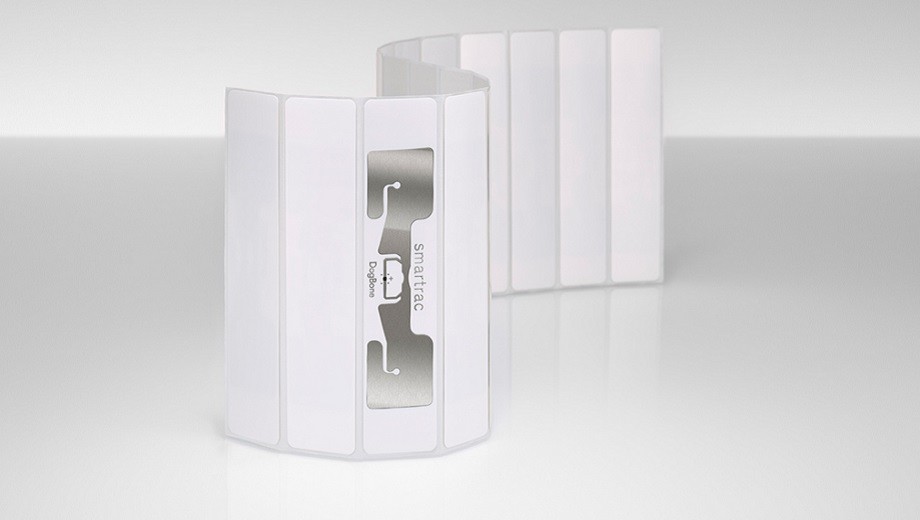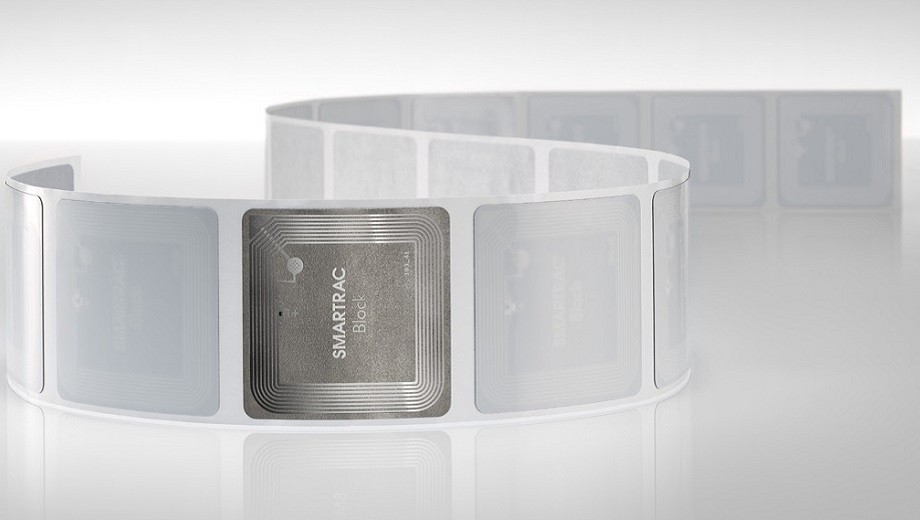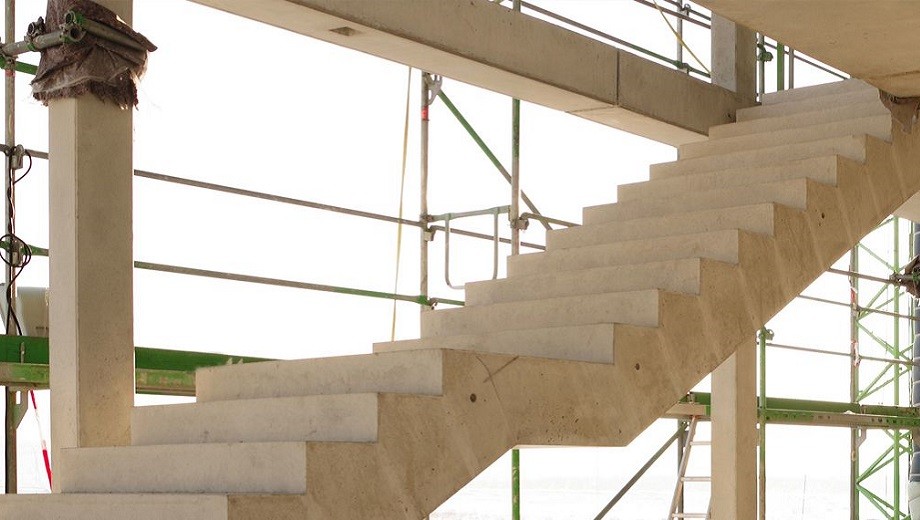Getting all the RFID benefits
According to Justin Patton, Director of the Auburn RFID Lab, “Quality is of key importance for everyone who is looking to derive all the potential benefits from RFID tags attached to or embedded within products. We developed the ARC Quality Certification program to benchmark the quality management systems of RFID manufacturers across the entire range of their operations for the benefit of all RFID users worldwide.”
Important benchmark for customers
Programs like ARC Quality Certification are very important indicators for customers from Smartrac’s point of view as well. Existing standards like CE or ISO are well-known and recognized quality labels, but there has been a growing demand from the end-user side – be it retailers, consumer brands, automotive companies or aviation customers – for a trusted benchmark program like ARC Quality Certification.
Smartrac: Continuing to drive quality further
According to Smartrac's Chief Revenue Officer Amir Mobayen, the program will support the RFID industry to become better recognized for strict quality levels and should help RFID adoption long-term, regardless of the end use industry. “ARC Quality Certification is a pivotal achievement and motivator for Smartrac, and it reaffirms our role as an industry leader in terms of high-quality and innovative RFID transponders. We are honored to receive this recognition and we firmly believe that the ARC Quality Certification program is a major step forward in terms of helping RFID manufacturers better serve their RFID customers. We will continue to invest in resources and programs to support future ARC initiatives to drive further quality achievements,” he said.
For further information about Smartrac's RFID inlays and tags, please contact our Sales & Customer Service Team.
For more information about ARC and the RFID Lab, please visit the University of Auburn website.



